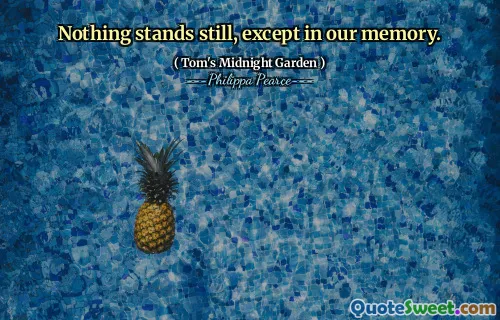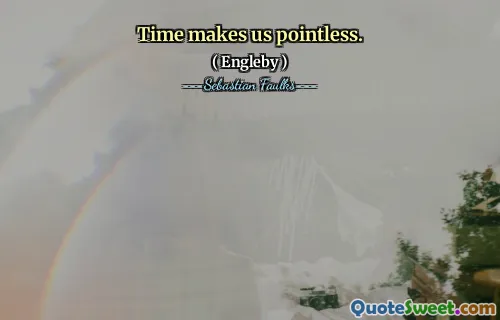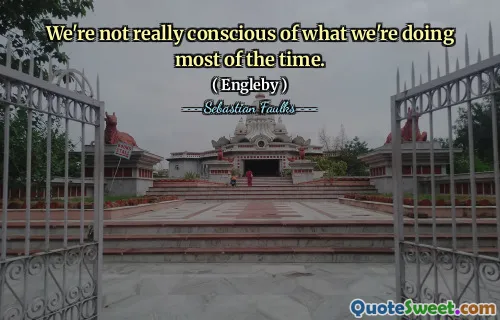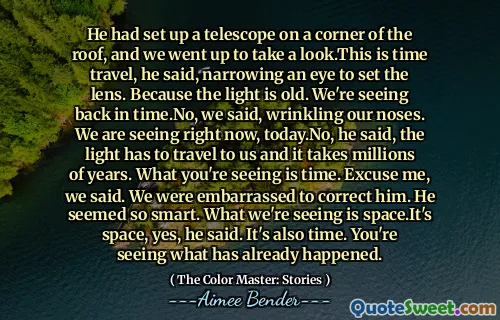
How do you know that the past exists?
-Deyth Banger-
This question delves into the fundamental nature of reality and our perception of time. The concept of the past's existence is a philosophical inquiry that challenges us to consider whether events that have already happened continue to have an immutable reality or whether they are simply constructs of our memory and consciousness. If we think about history and the many ways humans attempt to understand previous eras, it becomes clear that our knowledge of the past is always mediated through records, artifacts, stories, and our own interpretation. The past, as we understand it, is effectively a reconstruction—a story we tell ourselves based on available evidence.
In physics, particularly in theories like Einstein's relativity, time is viewed as a dimension similar to space, forming a fabric spacetime. From this perspective, the past theoretically still exists as part of the spacetime continuum, though it's inaccessible to us after events have transpired. However, from a philosophical or existential standpoint, the question arises: does the past truly 'exist' in any real sense, or is it simply a mental construct that helps us navigate and make sense of the present?
Reflecting on this, one could argue that the past influences the present, shaping our beliefs, behaviors, and even identity. While the events themselves are over, their effects ripple through time, making the past an integral part of the ongoing narrative of existence. This interconnectedness suggests that, in some sense, the past persists as long as its consequences do. Nonetheless, the ephemeral nature of time and memory could also imply that the past is intangible—perceived only through remnants and recollections which are inherently subjective and fallible.
This question pushes us to consider the nature of reality itself, our relationship to time, and whether true knowledge of any absolute past is possible. It invites continuous philosophical debate: existence isn't solely about physical presence but about the significance and impact of what has gone before, which ultimately shapes our understanding of now and what is to come.











